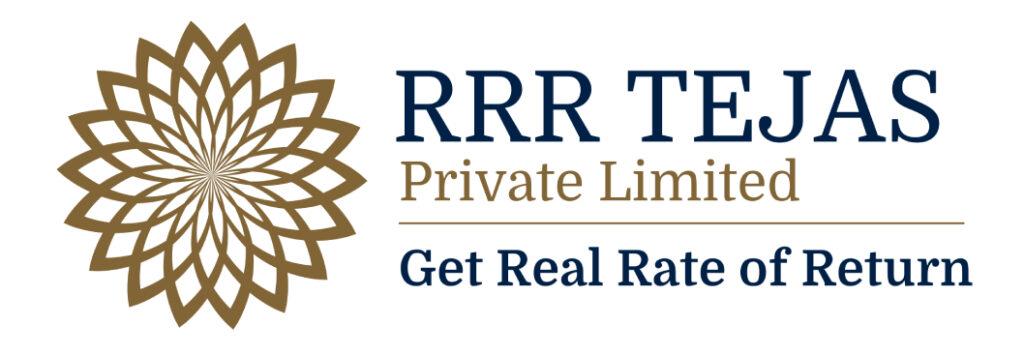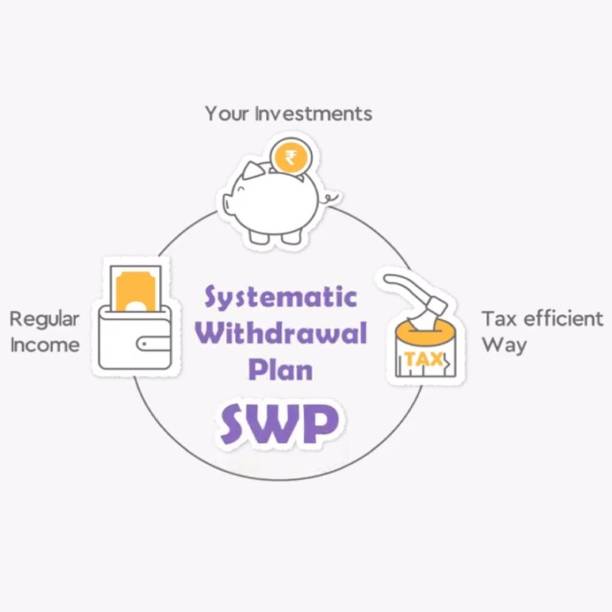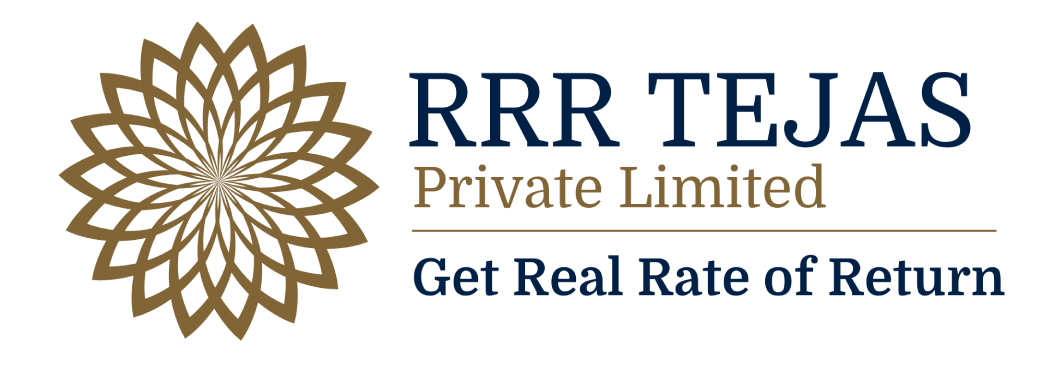
What is an SCP?
A Systematic Churning Plan (SCP) is a disciplined way to review and refresh your mutual fund portfolio at regular intervals — typically once a year. It ensures that your investments stay aligned with your financial goals, market conditions, and personal circumstances. SCP helps you with removing the non-performers, booking profits periodically, exiting high value sectors, purchasing fairly valued sectors, to name a few. Rebalancing exercise has to be done by the Investor or by the MFD (or RIA) or by the Fund Manager. SCP is a tool jointly done by Investor and MFD.
To sum-up, Just like a health check-up helps you stay fit, an SCP helps your portfolio stay healthy.
Who Can Use an SCP?
SCP is ideal for:
- Professionals (like IT employees, doctors, business owners) who can’t monitor their investments daily
- Investors with multiple fund houses, funds
- Anyone serious about goal-based investing, portfolio optimisation, generating better risk-adjusted returns
Benefits of SCP (Systematic Churning Plan)

Portfolio Review Made Easy:
Your funds are reviewed annually to assess performance, risk level, and alignment with your goals.

Add or Remove Funds Thoughtfully:
Underperforming or irrelevant funds can be removed. New opportunities can be added based on updated market views or personal needs.

SIP Adjustment:
SIP amounts can be increased (if income has increased), decreased, or redirected to more suitable schemes.

Tax Planning & Rebalancing:
SCP helps manage capital gains, switch from high-tax to tax-efficient options, and rebalance across equity, debt, and hybrid categories.

Keeps Emotions in Check:
A structured annual process avoids emotional decision-making and brings clarity and confidence to your investments.
When to Use SCP?
- Every year, on a fixed date — like your birthday, work anniversary, or the start of the financial year
- After any major life event — new job, retirement, marriage, home loan, etc.
- During changing market cycles — bull runs or bear markets
- For young and small portfolios, every 2 to 3 years to keep your portfolio effective and aligned with evolving goals and market trends.
- When the Absolute Returns reach between 50% and 100% in a short period of time, say 2 to 3 years, indicating strong performance and an opportunity to optimize and capitalize on growth.





